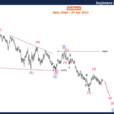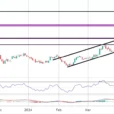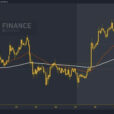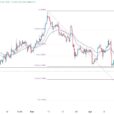The world’s major stock markets failed to increase last week as investors continued their sell offs and added to the sentiment that there is growing uncertainty.
Japanese stock markets nosedived on Thursday following global markets’ losses, and also due to the yen’s strengthening against the U.S. dollar which was a blow for large Japanese exporters. The index went through a stormy week as it decreased by more than 7%, while Japan’s major exporters were hurt when the USD/JPY fell to its lowest level of the last fifteen months and made their products more expensive to purchase. Shares of some of the nation’s major carmakers decreased significantly including Toyota’s decrease of more than 6% and Nissan’s 5.5% loss.

The Nikkei 225 on Thursday plunged by 2.4% and even though it recovered some of its losses on Friday, it fell at some point below the support level of 15,000 and hence the lowest point of the last sixteen months.
Other major indices across the globe also posted noteworthy losses given the ongoing anxiety surrounding crude oil prices and the performance of the U.S. economy. The Federal Reserve’s (Fed) Chairwoman Janet Yellen gave an economic assessment on Wednesday which had a discouraging tone and therefore affected investors’ sentiment. She said that the financial conditions in the U.S. became less supportive of growth by pointing to lower share prices and the increase of lending interest rates.
Indices across Europe decreased due to the same worries surrounding global markets and the Eurozone’s largest economies are still affected by the financial crisis. Last week’s industrial production data for Germany, Italy, and France were on a monthly basis down by 2.2%, 0.7%, and 1.6% respectively. London’s FTSE 100 on Thursday fell by 1% to 5,519.5. The German DAX 30 and the French CAC 40 also traded through Thursday with losses by 0.5% and 1.8% respectively.
It appears that the turmoil surrounding the global markets is a blend of discouraging economic fundamentals and a negative sentiment among investors who in turn influence other investors into further sell offs. Even though the American economy appears to be in a healthy recovery mode, the Fed voiced its concerns for future growth given the financial conditions. Additionally, the worries of the Chinese economy’s state have been amplified due to its stock market and currency volatility. It is only natural for investors not only to refrain from entering in stock markets, but also to sell back any holdings – even with losses – with the fear that they could be worth even less during the short and medium term.













Leave A Comment